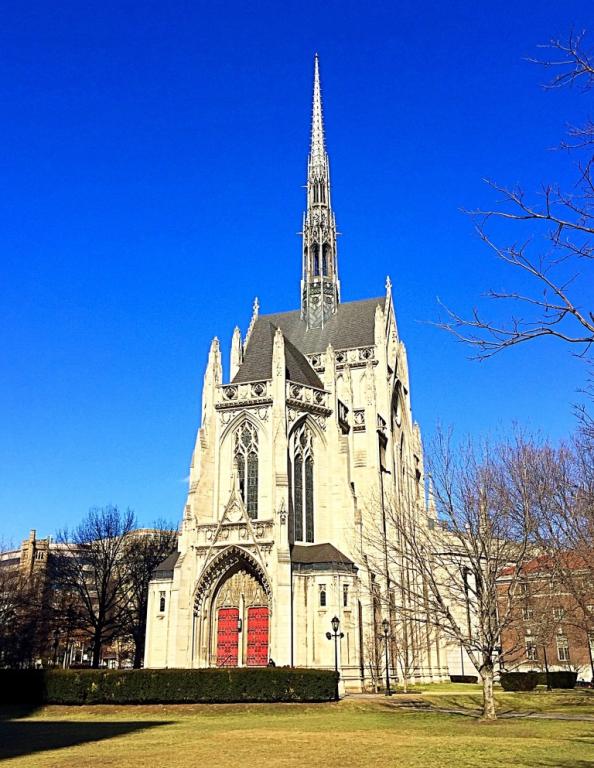 “If these shadows remain unaltered by the future….”
“If these shadows remain unaltered by the future….”
Of all the scenes in A Christmas Carol, the visit of Scrooge and the Ghost of Christmas Present with the Cratchit family, is perhaps the tenderest. It is, after all, where we hear Tiny Tim say, inimitably, “God bless us, everyone!”
So very human, full of hopes and heartaches it is. Mrs. Cratchit and her children are busy with preparations for the holiday meal, and Bob, the father, is off to Christmas Day worship with his wee little boy, Tiny Tim. With the small turkey cooking, and the pudding nearly done, everyone finally arrives, and they sit down together for the much-anticipated feast.
Scrooge and the Ghost are looking in, listening carefully to the conversation. After a visit with the Ghost of Christmas Past earlier in his long night, visiting people and places that were long forgotten, Scrooge is more attentive to his life and its meaning that he has ever been. Seeing the family laugh, and groan, he asks the Ghost about Tiny Tim’s future.
It is a hard conversation. Scrooge is beginning, only just beginning, to see a world that is larger than himself. But he still needs more, if he is to have eyes that see. And so the Ghost tells him that Tiny Tim’s crutch will be there, without its owner, “if these shadows remain unaltered by the future.” Simply said, Tiny Tim will die, if things don’t change.
Today I finished reading A Christmas Carol, one more time. For years I have read it through the days of December, wanting it to “read” me too. Like Scrooge himself, I am prone— profoundly, perversely —to self-deception, to lying to myself about myself. And tragically, not only are the consequences very personal, they are also communal, and more public. Others have to live with me, as they did with Scrooge.
So to have a guided tour of one’s soul is its own pilgrimage, Christmas after Christmas. Who am I? What am I? Who am I kidding? Who am I responsible to and for? These are the questions the three spirits set before Ebenezer Scrooge, and if we have ears to hear, we will listen to them ourselves.
Specially intriguing to me, in this year of the Visions of Vocation entering its seventh printing, is to see “vocation” at the very heart of Scrooge’s story. Who am I? And what am I going to do? But to press in: now knowing what I know, what will I do? As I have argued in the book, that is the most perennial of all questions, for everyone everywhere. Eons later, we are all still wrestling with the Tree of the Knowledge of Good and Evil, and its question echoes across centuries and cultures. An epistemological temptation with a moral heart, the tree represents that which is most critical for sons of Adam and daughters of Eve in every generation, in every time and place. What will I do with what I know?
That is Scrooge’s question too. Will he have ears that hear? Or will he continue to suppress what he knows to be true, squeezing it out of his heart because he wants to do what he wants to do when he wants to do it?
The ghosts offer him grace, in its own Dickensian way. Human being that he is, he still responsible, able to respond— but will he be? will he? Will he choose for his flourishing, and that of his community? or will he choose something less? For love’s sake, will he see himself implicated in his world? That is the heart of the story, and it is why people are willing to hear it again, and again, and again.
In Scrooge, we see ourselves. So flawed, badly, horribly flawed— and yet, we are still responsible, able to respond, for love’s sake seeing that the shadows can be altered.
Yes, for love’s sake.
For more from Steve Garber, check out his Commons Blog from The Washington Institute for Faith, Vocation and Culture.











